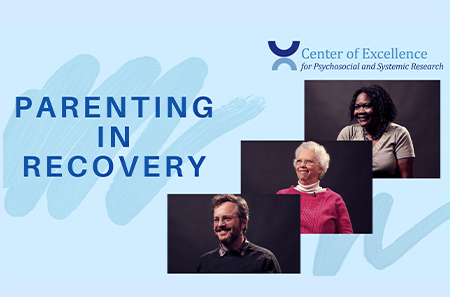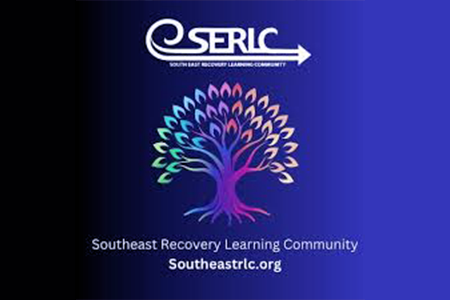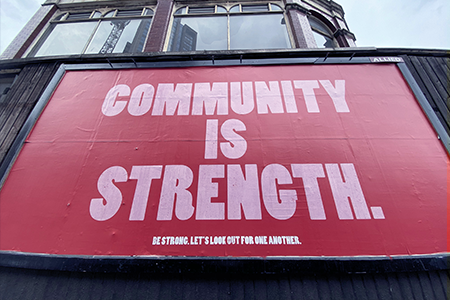Peer-Led Initiatives:
Assessing the priorities of recovery communities across Massachusetts.
The COE partners with Peer Consultants (PCs), who are individuals with lived experiences of mental health and/or substance misuse challenges. PCs are community leaders affiliated with Massachusetts recovery learning centers, and they consistently inform our research by giving voice to the priorities of community members. Together, we work to assess unmet needs and implement projects, including quality improvement initiatives, across the Commonwealth.
Featured Peer-Led Initiative:
Peer Support Worker Heart-to-Heart Video Series
The Peer Support Worker Heart-to-Heart video and discussion series came out of a project which aimed to learn about the successes and challenges of working as a Certified Peer Specialist in Massachusetts (MA) healthcare settings. Each of the below videos centers on a particular challenge that was identified in listening groups conducted with Certified Peer Specialists. We hope these videos will lead to improvements in the workplace for peer support workers.
Compassion Fatigue and the Need for Self-Care
The Self-Care and Compassion Fatigue video focuses on two Peer Specialists discussing common job experiences, the feeling of burnout, and the specific supports needed.It highlights the need for a flexible work environment, a supervisor who understands the needs of peer support workers, and the importance of self-care.
Participants in the video include Barbara DeCunzo and Sandi Whitney Sarles.
Sharing One’s Lived Experience
The Sharing Lived Experience video features a clinician and three peer support workers from the Cambridge Health Alliance’s Community Behavioral Health Center discussing how they share their lived experiences. The video offers a closer look at disclosure guidelines for each role, with a focus on the importance of active listening and the principles of sharing one’s lived experience, as taught in the Massachusetts Certified Peer Specialist training.
Participants in the video include Paul Bradford, Valeria Chambers, Michelle Onessimo, Sarah Stoddard-Gunn, and Anne Whitman.
Measuring the Effectiveness of Peer Support
The Measuring Peer Support video features a Director of Rehabilitation Services and Recovery from the MA Department of Mental Health along with academic researchers from the Boston University Center for Psychiatric Rehabilitation, Cambridge Health Alliance, and Massachusetts General Hospital. The participants discuss considerations for measuring the impact of peer support and highlight the possible ways that quantitative and qualitative measures can be integrated into larger systems of care.
Participants in the video include Valeria Chambers, Matthew Cianci, Christina Lamkin, Merranda McLaughlin, and Sally Rogers.
Peer-Led Initiatives
Click on a project image or title to learn more!
COE PEER CONSULTANTS
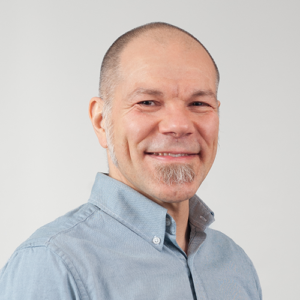
Paul Alves, CARC, NCPRSS, MAPGS
PEER CONSULTANT
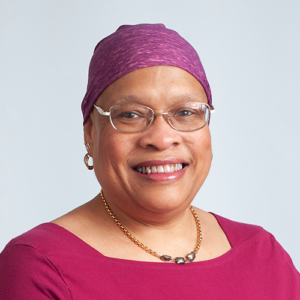
Valeria Chambers, CPS, EdM, CAS
PEER CONSULTANT

Christina Lamkin
PEER CONSULTANT
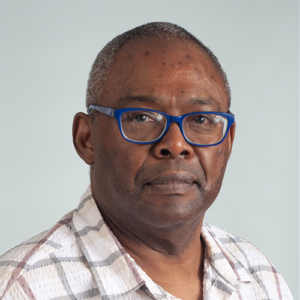
Stan Langston
PEER CONSULTANT
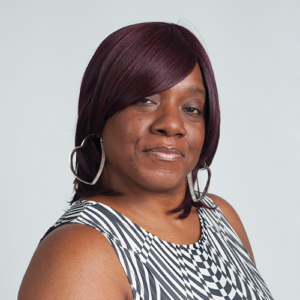
Sharina Jones
PEER CONSULTANT
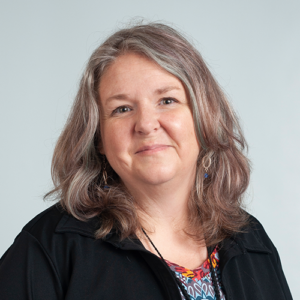
Ryan Markely, BA, CPS
PEER CONSULTANT
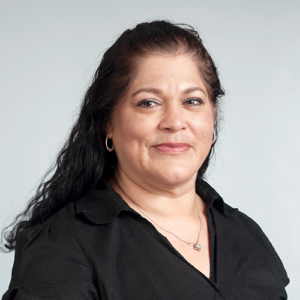
Jacqueline Martinez, FPS, CPS
PEER CONSULTANT
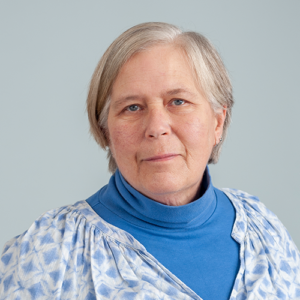
Sandra Whitney-Sarles, MS, CPS, COAPS
PEER CONSULTANT
COE PROJECT STAFF
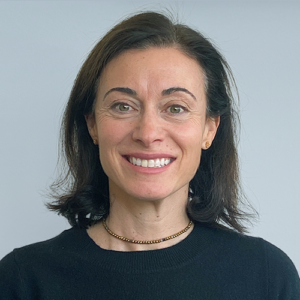
Corinne Cather, PhD
PRINCIPAL INVESTIGATOR
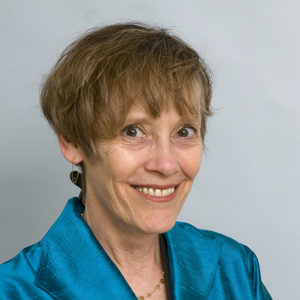
Derri Shtasel, MD, MPH
CO-INVESTIGATOR
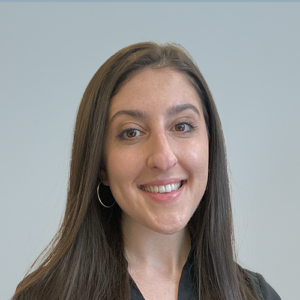
Katherine Kritikos, MPH
PROGRAM MANAGER

Lisa LeFeber, BA
CLINICAL RESEARCH
COORDINATOR
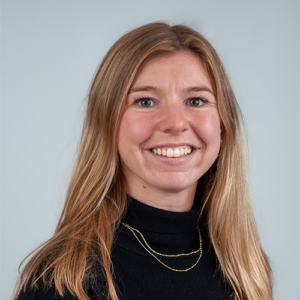
Julia London, BA
CLINICAL RESEARCH COORDINATOR
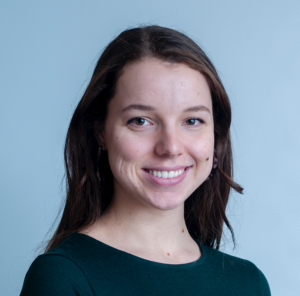
Hannah Skiest, BA
CLINICAL RESEARCH
COORDINATOR
Additional Collaborators
Anne Whitman, PhD; Cynthia Pitch, PhD; Diana Arntz, PhD; Jonathan Burke, JD; Cheryl Foo, PhD; Scott Francis, CPS; Reverend Norma Heath; Beth Starck, BA.
Funding
Funding for these projects was provided by the MGH COE/Massachusetts Department of Mental Health.

